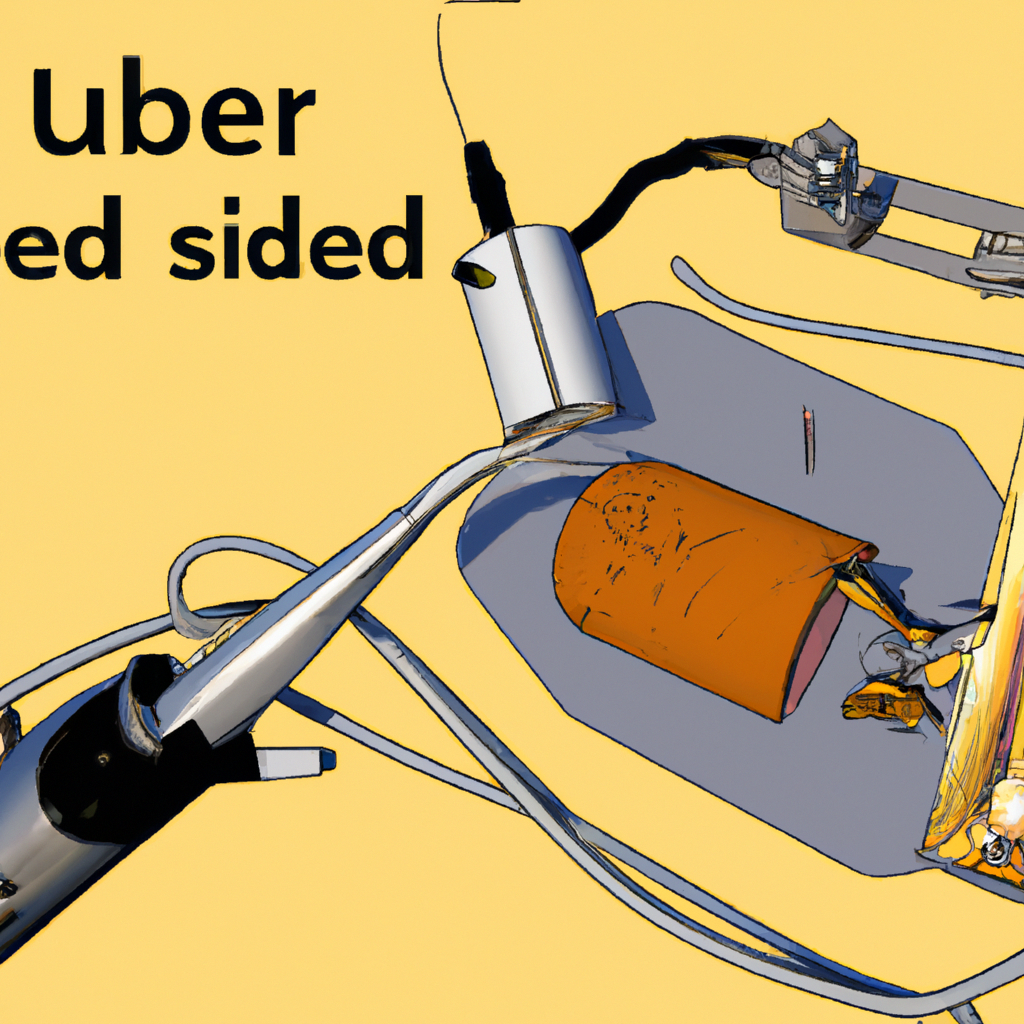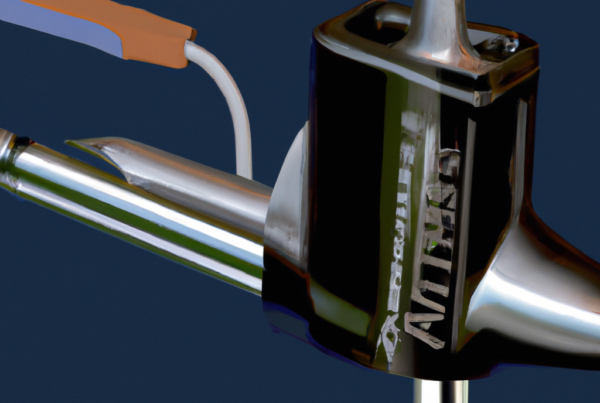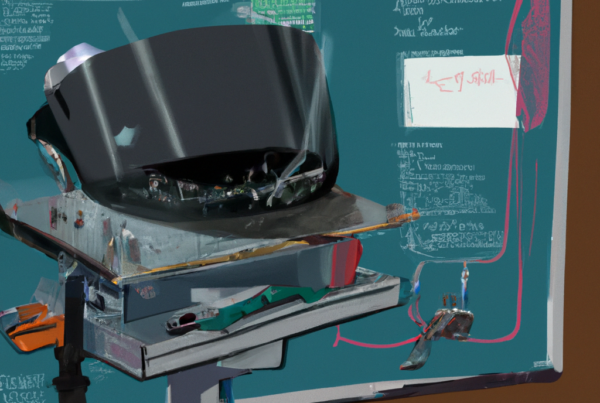Welding is a physically and mentally demanding job requiring extreme precision and concentration. As such, many employers insist on pre-employment drug testing to ensure safety and productivity in the workplace. Drug testing policies vary and depend on the type of welding job and the employer’s regulations, but it is becoming increasingly common in the welding industry. Employers are looking for welders with a strong work ethic and dedication to safety, and drug tests are just one of the ways they can ensure they are making a good hire.

What is Welding?
Welding is a fabrication process that joins two or more materials, usually metals or thermoplastics, by using extreme heat to melt the parts together and allowing them to cool, creating a permanent bond. It is commonly used in the construction of buildings, bridges, and other structures, as well as in the repair and maintenance of machines and other objects. Welding is also used to join pipes and other components in the plumbing and electrical industries.
Welding is a skilled trade that requires specialized training and safety protocols. It is important for welders to wear protective clothing and use protective equipment to avoid injury or illness caused by the intense heat of the welding process.
Do most welding jobs drug test? Generally, yes. Most welding jobs require employees to be drug-free in order to maintain a safe working environment. Employers may require applicants to take a drug test before they are hired, and welders may also be subject to random drug testing during their employment.
Are Welders subject to Drug Testing?
Do most welding jobs drug test? The answer is yes; welders are subject to drug testing. Many employers require welders to pass a drug test prior to being hired and they may require regular testing afterwards. Drug testing policies vary from company to company, but typically include:
- Pre-employment screening
- Random testing
- Reasonable suspicion tests
- Post-accident testing
Welders may also be subject to drug testing before entering a welding site for safety reasons. In addition, welders may be subject to drug testing as part of an overall health and safety program, or if they are involved in an industrial accident.
Drug testing is an essential part of ensuring the safety of welders, as it can help to prevent the misuse of drugs and alcohol on the job. It is important for welders to be aware of their employer’s drug testing policy and to be prepared to abide by it.
What is Drug Testing?
Drug testing is a procedure used to detect the presence of illegal drugs or substances in the body. It is typically done through urine, blood, or saliva samples. Drug testing is used in many different contexts including employment and athletics. It can be used to detect the presence of a wide variety of drugs, including marijuana, cocaine, heroin, and methamphetamines.
Do most welding jobs drug test? The answer to this depends on the employer. Some employers may require drug testing as a part of the hiring process, while others may not. It is important to check with the employer to see if drug testing is required before applying for a welding job.
What are the Basic Types of Drug Tests?
The basic types of drug tests are:
- Urine Tests
- Hair Tests
- Saliva Tests
- Blood Tests
Urine tests detect the presence of drugs in the body for up to a few days after use. Hair tests can detect the presence of drugs in the body for up to three months. Saliva tests detect the presence of drugs in the body for up to a few days after use. Blood tests detect the presence of drugs in the body for up to a few hours after use.
Do most welding jobs drug test? This depends on the company that is hiring. Many companies have drug testing policies in place and may require that welders pass a drug test prior to hiring. It is important to check with the company prior to applying for a welding job to determine their drug testing policies.
What Drugs are Tested During a Drug Test?
Do most welding jobs drug test? The answer is yes – many welding jobs do require drug testing, and the drugs tested for vary by workplace. Generally, the drugs tested for are:
- Amphetamines (e.g. Adderall, Dexedrine, Ritalin)
- Cannabinoids (e.g. marijuana, hashish)
- Cocaine
- Opiates (e.g. codeine, heroin, morphine)
- Phencyclidine (PCP)
In addition, some workplaces may also test for other drugs, such as barbiturates, benzodiazepines, methadone, propoxyphene, and synthetic opioids. Furthermore, many employers also test for alcohol, which can be detected through breath or saliva tests.
It is important to note that drug tests vary by employer, as some may only test for certain drugs or alcohol, while others may test for a wider range of substances. It is also important to note that many employers have a zero-tolerance policy for any trace of drugs or alcohol in their workers’ systems, so it is important to check with the employer before attempting a welding job.
Are Drug Tests Mandatory for Welders?
Do most welding jobs drug test? Drug testing is not universally mandatory for welders, but it is increasingly becoming a requirement. Employers are imposing drug tests for safety reasons. Welding jobs involve working with hazardous materials and working in hazardous conditions, and employers want to make sure employees are not under the influence of drugs or alcohol when working.
Here are some reasons why employers may require drug testing:
- Welding jobs often involve working with hazardous materials and working in hazardous conditions.
- Employers want to ensure that welders are not under the influence of drugs or alcohol when working.
- Drug testing can help employers create a safe and productive workplace.
- Drug testing can help employers reduce the risk of accidents and injuries.
Although drug testing is not mandatory for all welding jobs, it is becoming increasingly common. Employers are recognizing the safety benefits of drug testing and are taking steps to ensure their employees are not under the influence of drugs or alcohol while on the job.
How Does a Drug Test Benefit a Welder?
The benefits of drug testing for welders vary depending on the job and the employer. Generally, drug testing helps employers to ensure that employees are not impaired or distracted by drug use while on the job, which can be dangerous for welders due to the use of potentially hazardous materials. Additionally, employers may require drug testing to ensure that welders adhere to safety protocols or other regulations set forth by employers.
Do most welding jobs drug test? While drug testing is not always required for welding jobs, many employers do drug test potential welders before hiring them. Employers may also require random drug testing for employees already in their employ. This helps employers to maintain a safe and compliant work environment.
What are the Consequences of Failing a Drug Test for a Welder?
Most welding jobs do drug test, so failing a drug test could have some serious consequences. Depending on the employer, the consequences could include:
- Immediate termination
- Loss of future job opportunities
- Fines or legal penalties
Failing a drug test can also damage an individual’s reputation and may result in a loss of credibility in the welding industry, especially if the employee works in a safety-sensitive job. In some cases, an employer may require the employee to complete a treatment program or rehabilitation program and submit to further drug testing before they can be re-employed.
What are the Legal Implications of Drug Testing Welders?
Drug testing welders can have serious legal implications, as welders may be required to work in potentially dangerous and hazardous environments. Depending on the specific job, welders may be required to pass a drug test prior to being hired or on the job.
To ensure the safety of welders and those around them, employers may need to drug test welders to ensure that they are not under the influence of any substances that could cause them to become impaired while working with hazardous materials. It is also important to ensure that welders are not using any substances that may interfere with their ability to accurately and safely weld.
The specific legal implications of drug testing welders will depend on the laws in the jurisdiction where the welding job is taking place. Some jurisdictions may have laws that require drug testing of welders, while others may not. It is important to research the laws in the jurisdiction to ensure compliance with any applicable laws.
What are Best Practices for Welders Regarding Drug Testing?
Welders should always be aware of the dangers of drug use, as it can put both themselves and their coworkers at risk of injury or death. To ensure that all welders are safe, many welding employers require drug testing. The following are some best practices for welders to follow when it comes to drug testing:
- Be aware of the type of drug test required by your employer, and ensure that you are compliant with their policy.
- Be aware of the potential consequences of failing a drug test, including termination of your employment.
- Know the substances that could be tested for, including illicit drugs, alcohol, and prescription medications.
- Be prepared to have your urine, saliva, or hair tested.
- Understand that even if you have a prescription for a medication, it can still show up on a drug test.
- Be aware of the signs of drug use that employers look for, including changes in behavior, poor performance, and fatigue.
- Be aware of the potential penalties for failing a drug test, including suspension or termination of employment.
By following these best practices, welders can ensure that they are safe and compliant with their employer’s drug testing policy. Doing so will help to ensure that welders are able to do their jobs safely and effectively.



